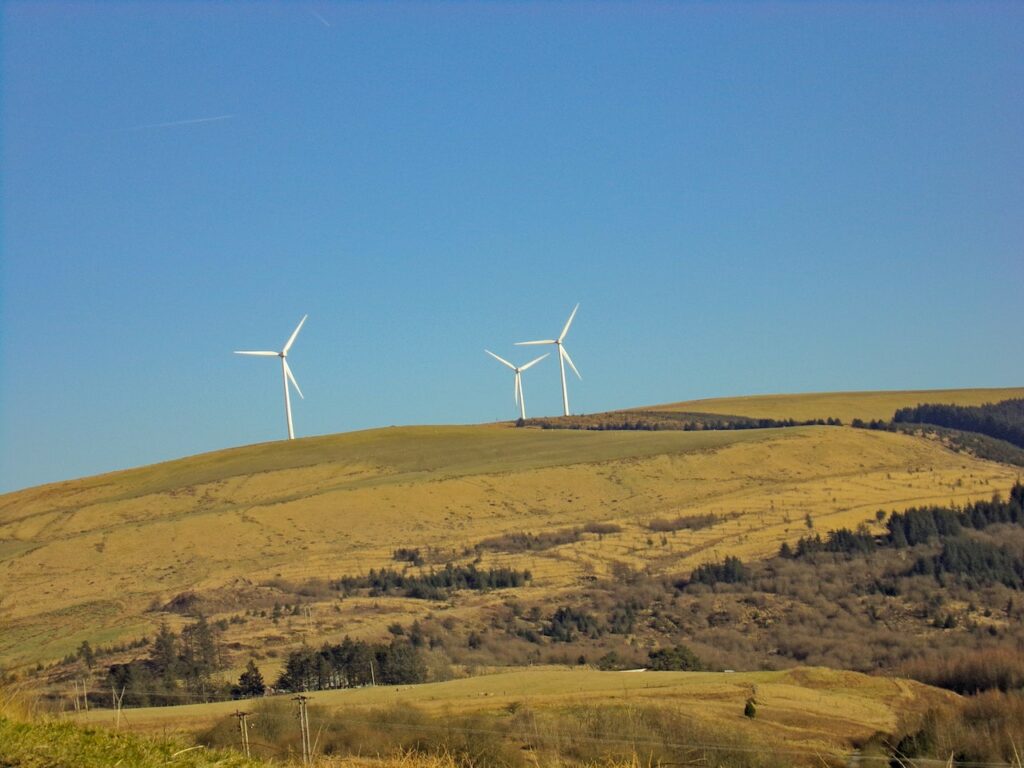Welcome to WindHPC
Computer simulation has become an essential tool for investigating complex problems in both scientific and industrial research and development. However, the necessary computing resources have a not inconsiderable energy consumption. WindHPC is therefore investigating how computationally intensive simulations can be made more sustainable. The project is using a holistic approach that incorporates the use of ecological computing resources, an increase of software efficiency and optimization of workflows as well as extending the usage of data, among other factors.
Using energy efficiency metrics, WindHPC will first investigate the energy consumption of individual simulations and simulation workflows on different types of hardware and at different locations. These results will enable researchers to develop digital twins that facilitate a more precise analysis and implementation of potential energy saving measures.
Building on these results, the project will develop software-side auto-tuning methods that choose the most energy efficient and/or scalable combination of simulation algorithms, data structures, and parallelization strategies during runtime.
In addition, WindHPC will for the first time connect computers located onsite at wind farms to a high-performance computing center. The plan includes connecting computers at wind energy sites operated by WestfalenWIND IT GmbH & Co KG with computing resources at HLRS. Doing so will require the development of interfaces and intelligent scheduling methods that allow to distribute and execute a complete workflow optimally on these two resources, while taking into account the energy demands and temporal relevance of necessary simulations.
Using multiscale examples from process engineering, the project will also assess the use of sophisticated (simulation) models with respect to the amount of energy required. This will involve comparing the cost-benefit ratio of molecular dynamics simulations and other methods, as well as multiscale methods.
While considering these use cases, WindHPC will also address the semantic enrichment of simulation data and their integration in data repositories to improve data reuse, with the goal of reducing the total number of simulations that need to be performed.
As a last step, in the simulation process the often mandatory data visualisation will be investigated with respect to potential energy savings.

Our Goals
The project has various work packages. Find out more about them and their goals.

Partners & Contact
Find out more about our partners.
